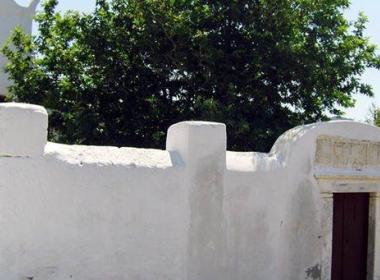
The pretty little village of Aggidia on Naxos, built in amphitheatric fashion at the southwestern foot of Chrysostomos hill, 3km from Chora, gazes at the fertile Livadia valley below, the main town and the blue sea further beyond.
The village of Agios Arsenios on Naxos, or Agersani as the locals call it, is one of the largest villages of western Naxos and near some of the island’s most attractive beaches, Agios Prokopios, Agia Anna and the seemingly endless expanse of Plaka.
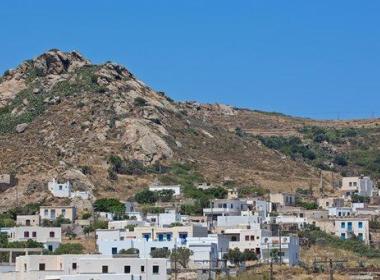
The village of Agios Thalleleos is one of the four settlements comprising the community of Melanes, in western Naxos.
With small houses close to each other and replete with colorful gardens, the village of Akadimi, in the heart of the Tragea valley, is as pretty as a picture postcard.
The village of Apiranthos, or t’Aperathou in local dialect, is built at the foot of Mt. Fanari, at 600m above sea level and 28km from main town Chora on Naxos.
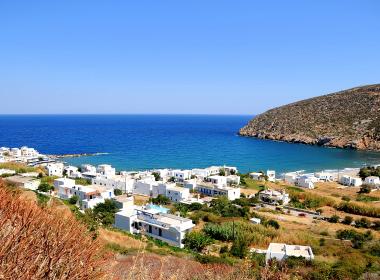
Apollonas, the port village of the settlement of Komiaki on Naxos’ northeastern coast, has been inhabited since antiquity, mainly on account of the marble quarry that extends to the north and west.
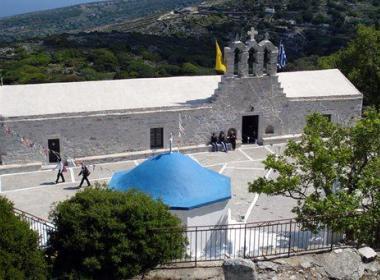
Argokili is a small settlement in northeastern Naxos, with superb sea views but best known for the monastery of Panagia Argokiliotissa.
Located at an elevation of 550m on the eastern slope of Mt. Amomaxis, it has a few farmsteads and very few permanent inhabitants.
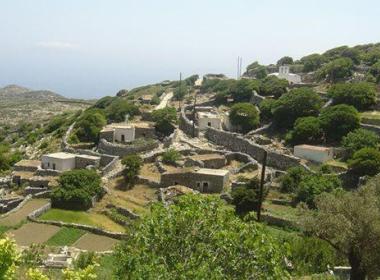
The village of Atsipapi is a medieval settlement in northeastern Naxos, in the midst of a beautifully lush area with many footpaths that make it ideal for hiking.
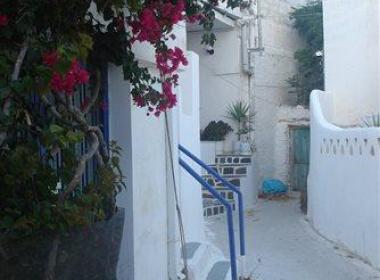
Near the village of Tripodes on Naxos, on the way to the Venetian tower of Belonias and on the dirt road that leads to Glinado, is the small traditional settlement of Bloumas, with old houses and whitewashed courtyards adorned with flowers.
Heading for the Tragea valley from Naxos port the visitor is struck by the change in scenery.
